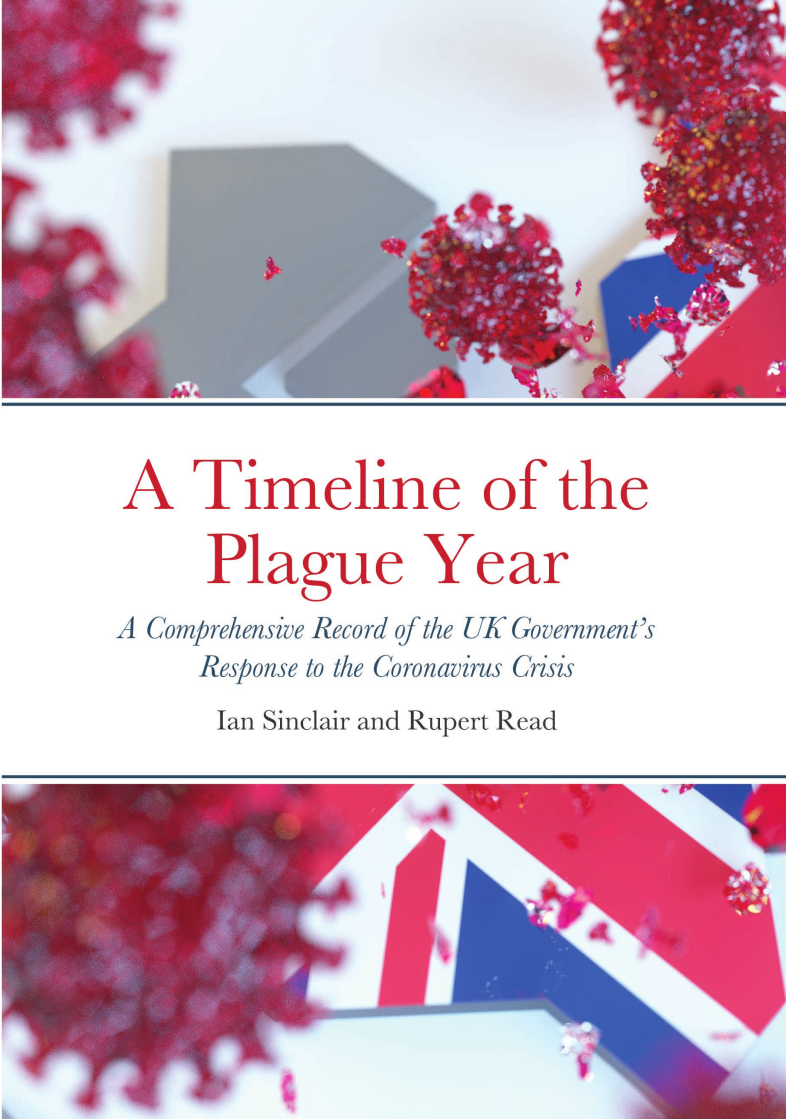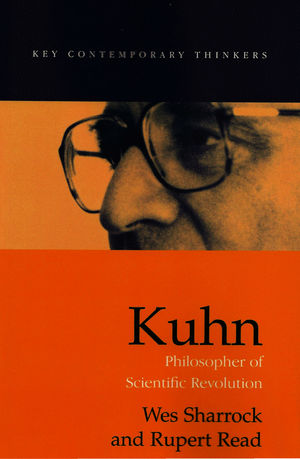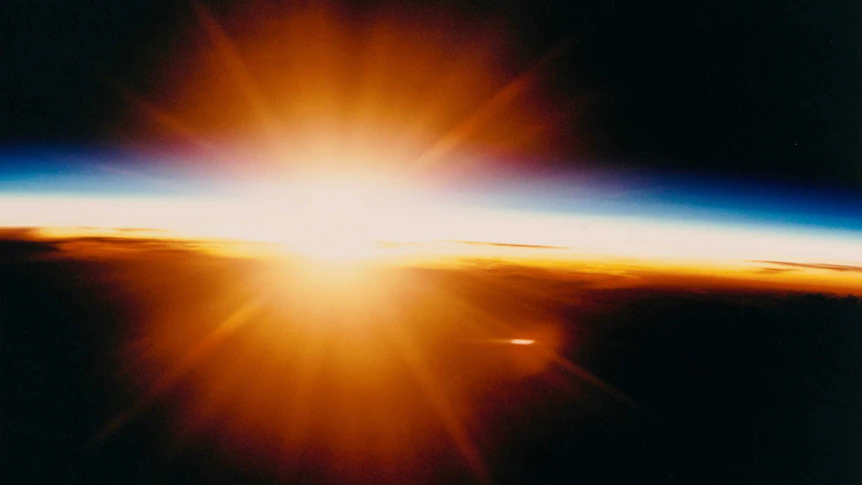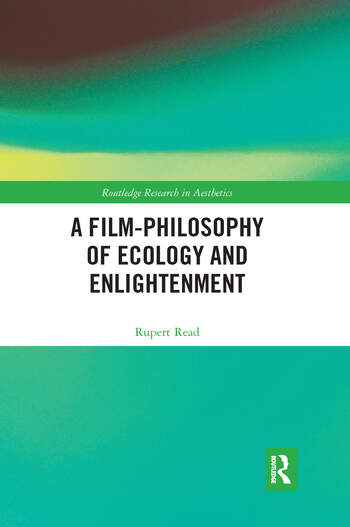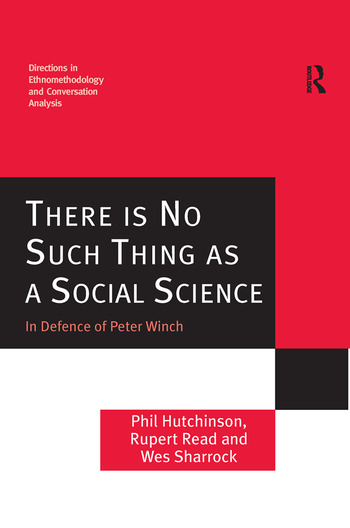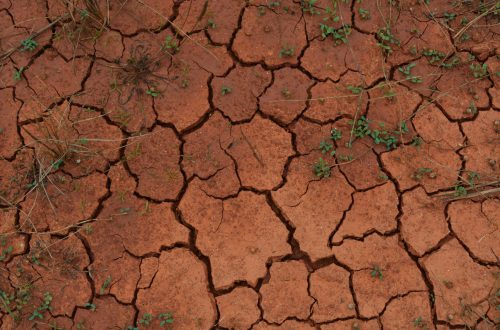-
An ecological philosophy of film
I’ve just published a book, called A Film-Philosophy of Ecology and Enlightenment. In this book, I discuss films such as The Road, Melancholia, Gravity and 2001: A Space Odyssey. But what’s it all about? What does the title of my book mean? I’ll briefly explain, by way of an example. Which constitutes a kind of ‘trailer’ for the book… Incendiary themes The final chapter of my book is about the biggest blockbuster of all time, Avatar. Consider the following important fact about Avatar: this was a film so potentially incendiary, eco-politically, that the authoritarian Chinese Government felt compelled quietly to ban it, for fear that it would ignite rural land-revolts.…
-
This Civilisation is Finished: Conversations on the end of Empire – and what lies beyond
This Civilisation is Finished is a book co-authored by Rupert Read and Samuel Alexander. It is published by the Simplicity Institute. Industrial civilisation has no future. It requires limitless economic growth on a finite planet. The reckless combustion of fossil fuels means that Earth’s climate is changing disastrously, in ways that cannot be resolved by piecemeal reform or technological innovation. Sooner rather than later this global capitalist system will come to an end, destroyed by its own ecological contradictions. Unless humanity does something beautiful and unprecedented, the ending of industrial civilisation will take the form of collapse, which could mean a harrowing die-off of billions of people. This book is…
-
A dream of now
I’ve just published a book, called A film-philosophy of ecology and enlightenment. (You can read the early part of it for free here … Don’t attempt to buy it unless you are independently wealthy – it’s madly expensive. Wait for the paperback next year – or, much better idea, order it for/through your library, now.) I argue in my book that a number of the films I investigate in the book are about daring to dream again. (Especially the film that I argue is the most significant popular film of recent times: Avatar.) Well, if that’s true, then it’s also true that it is important to dare to dream nightmares too, sometimes. (And in…
-
A Film-Philosophy of Ecology and Enlightenment
A Film-Philosophy of Ecology and Enlightenment is a book written by Rupert Read and published by Routledge. Inspired by the philosophy of Wittgenstein and his idea that the purpose of real philosophical thinking is not to discover something new, but to show in a strikingly different light what is already there, this book provides philosophical readings of a number of ‘arthouse’ and Hollywood films. Each chapter contains a discussion of two films—one explored in greater detail and the other analyzed as a minor key which reveals the possibility for the book’s ideas to be applied across different films, registers, and genres. The readings are not only interpretive, but they offer…
-
After the IPCC report, #climatereality
Climate-nemesis is near-certain. But “near-certain” is not yet “inevitable”. On the contrary, it is still uncertain. By making it sound inevitable, we run the risk of fomenting inaction at the worst possible time. We need to prepare for what is near-certain. But if we give up trying to stop it then it will become inevitable. We need to try to stop it: roll on the eXtinction Rebellion. The (exciting, but mainly terrifying) 1.5degrees report from the IPCC made (some of) the headlines; and now the media have mostly moved on. The mega-story of potential #climatebreakdown, the long emergency that threatens to take us, the news-story that should be on our…
-
Sorry, BBC: I will no longer debate climate-change deniers
As the saying goes: it isn’t easy being green. For starters: Because we don’t get nearly enough air-time (lacking enough rich backers with the ear of the government, perhaps. But this week, when I was rung up by BBC Radio, and they asked me to come on air to debate a climate-change denier, something in me broke. Really?, I thought. This summer? So, for almost the first time in my life, I turned them down. I told them that I won’t be part of such charades any longer. I told them that the BBC should be ashamed of its nonsensical idea of ‘balance’, at a time when the scientific debate…
-
Climate breakdown, civilisation breakdown?
Green World, like the Green Party itself, has been ahead of the curve on so many issues. Possibly the most important issue of them all is the climate crisis. But we have to be honest with ourselves; there has not been nearly enough success on this. This is the age of consequences. There are already consequences – and these will only multiply – of the human failure to act adequately on climate. Instead of facing up to the reality of the climate crisis, even we Greens tend to slip into a sort of lived denial of what we humans are doing to our climate. Of course, we all love to…
-
The Domain of the Dump: A Story of Stuff
I had a chastening experience the other day. I went to my local municipal dump (aka ‘the recycling centre’), to recycle (or, as it turned out: to dump…) some old carpets that had been covering ground where no growth was occurring, at my allotment. What chastened me was something that I, perhaps like you, somewhere deep down knew was true, but had managed to make myself forget. Namely: how much of our rubbish is still just that. Stuff that cannot be recycled, but is simply destined to be stockpiled, burned, or landfilled. Almost everything that you can see here is stuff that is quite literally being dumped. It is not…
-
Climate change: Once we no longer deny it, then we just might have the will to try drastically to change course
This winter, now finally ending, has seen disturbing early signs of the Earth’s climate starting perhaps to go out of control. The fierce cold snap in the UK occurred because the Arctic’s normal weather came down here; meanwhile, the Arctic was off-the-scale warm. Such events concentrate the mind. But then they ebb away, and we return to the normal fare of Brexit, Corbyn, the settlement of the campus strike, and everything else that takes up 98% of column inches, day in day out. We slip back into silence on the determinative issue of our time, the issue that our children will judge us on. We slip into a sort of…
-
A case for genuine hope in the face of climate disaster
It’s time we faced up to reality: humanity is almost certainly going to have to learn to live in a world that has been radically damaged and transformed by human-triggered climate change. We are – virtually all of us, either softly or (less often) explicitly – in climate denial. The greenhouse gases we have polluted the atmosphere with have already set us down a path of serious and possibly irreversible environmental disruption, and the prospect of technocratic rescue is as unlikely as it is worrying on its own terms. It is understandable that we tend to shy away from this realisation: from facing this reality. It is – or at…




